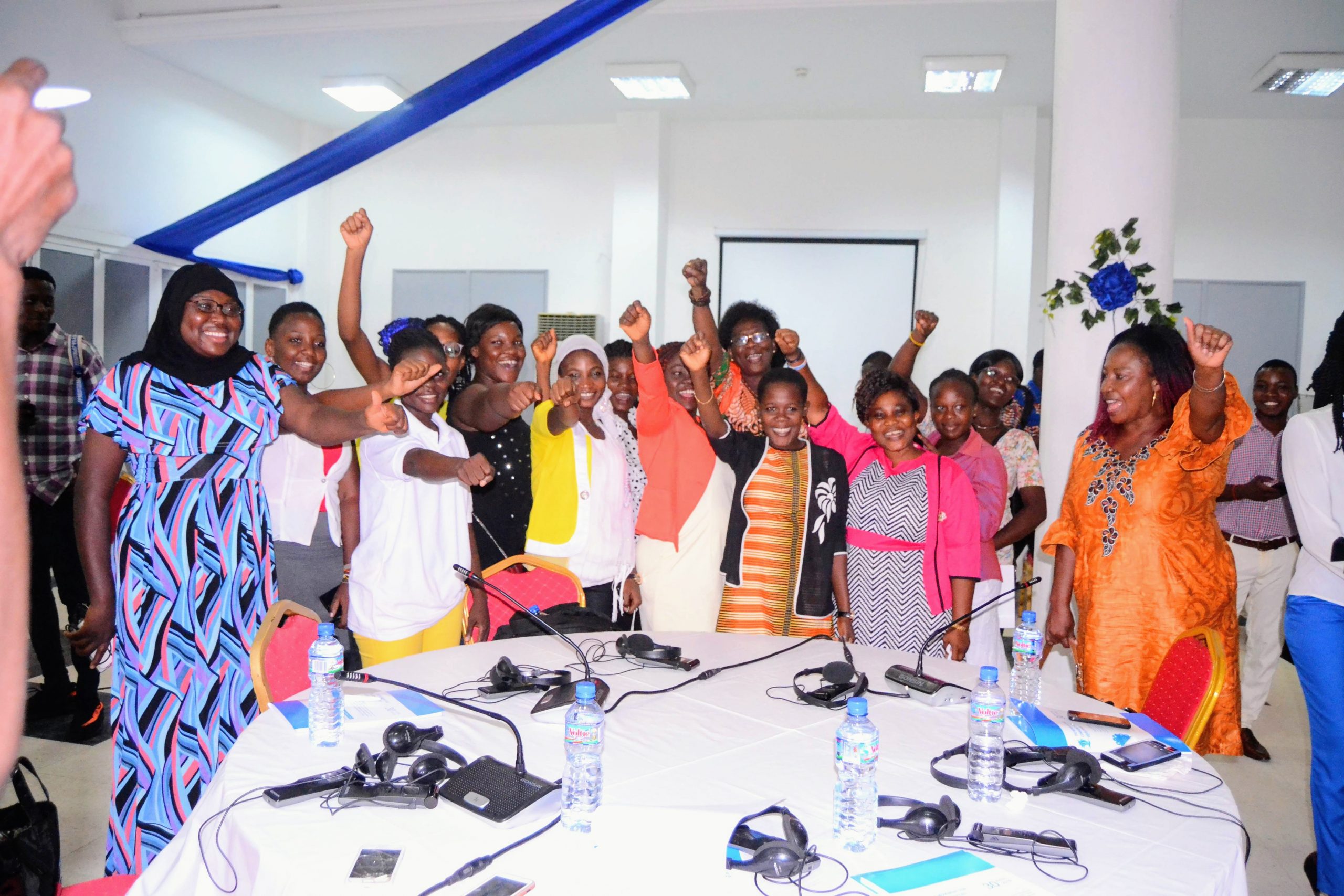
Part of a series on community action on COVID-19
Communities and nations must overcome conflicts and stand together to mitigate the pandemic.
An All of Society Approach: COVID-19 is a ruthless killer that pays no heed to borders or ideology. Stopping it requires everyone – government, civil society, businesses – to work together in a spirit of solidarity and partnership, not blame or competition. The 2030 Sustainable Development Goals (SDGs) historically recognized this kind of partnership as the essential means for achieving all the goals.
Stopping rivalries – preventing stigma. Community leaders must rise to the occasion to overcome partisan, ethnic and religious differences and formally commit to work together to meet this challenge. Those suspected of infection must not be stigmatized. Communities must be on the lookout for increases in domestic violence.
Protecting the most vulnerable. The SDG mantra to “leave no one behind” is especially urgent in a pandemic when one seemingly healthy but contagious individual can lead to hundreds of deaths, particularly among the elderly and those with underlying medical conditions such as diabetes – a plague in its own right sweeping the developing world.
Protecting the human rights of all. People have legitimate fears. Extremists and unscrupulous people in power may exploit COVID-19 related restrictions to roll back hard-won political freedoms. Everyone must “insist that restrictions be time-limited and transparent, that media freedoms be assured, and that elections be protected or rescheduled in a timely way.”
Beyond “relief”: build the world anew. The essence of resilience is to not merely survive a crisis, but to build back better. COVID-19 is the harshest social and economic disruption in nearly 100 years.
“Historically, pandemics have forced humans to break with the past and imagine their world anew. This one is no different. It is a portal, a gateway between one world and the next. We can choose to walk through it, dragging the carcasses of our prejudice and hatred, our avarice, our data banks and dead ideas, our dead rivers and smoky skies behind us. Or we can walk through lightly, with little luggage, ready to imagine another world. And ready to fight for it.”
Arundhati Roy, Financial Times:


